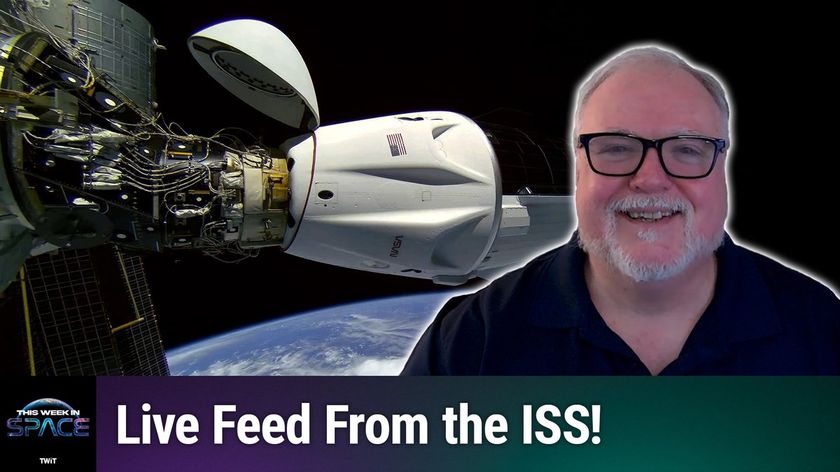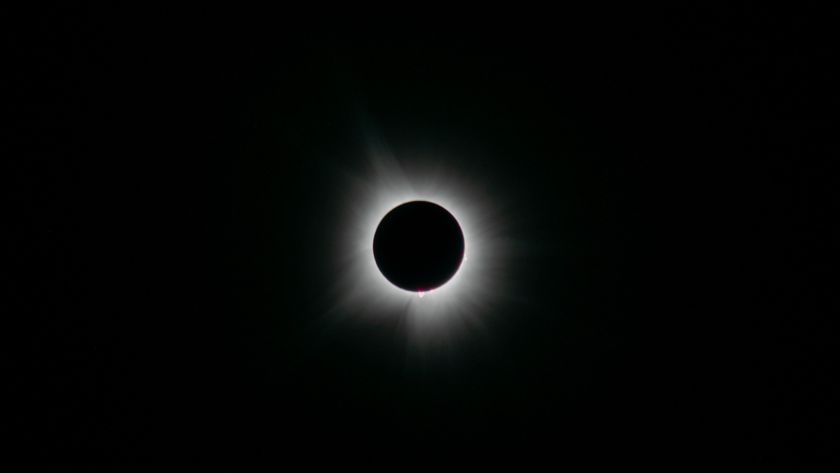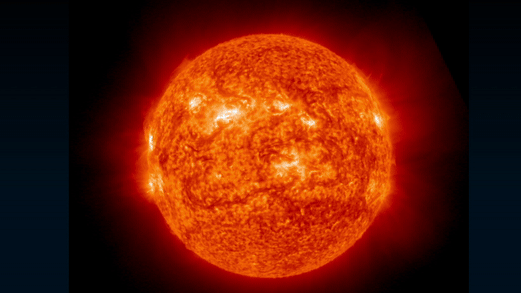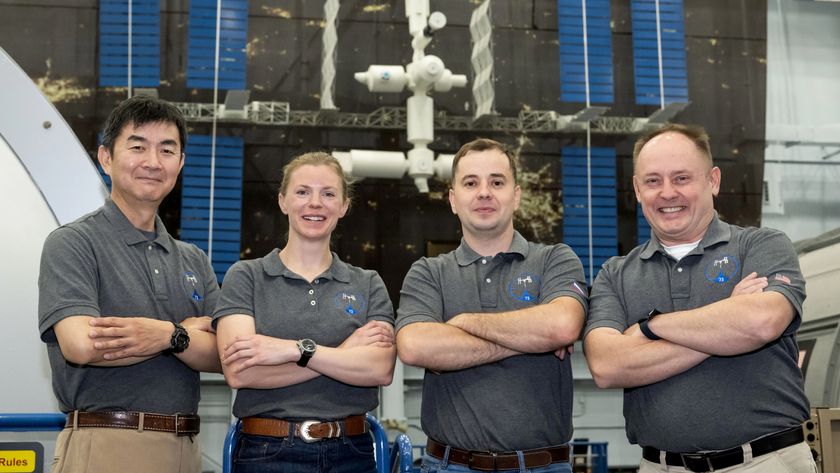China's Busy Space Launch Schedule Rivaled the U.S. in 2016
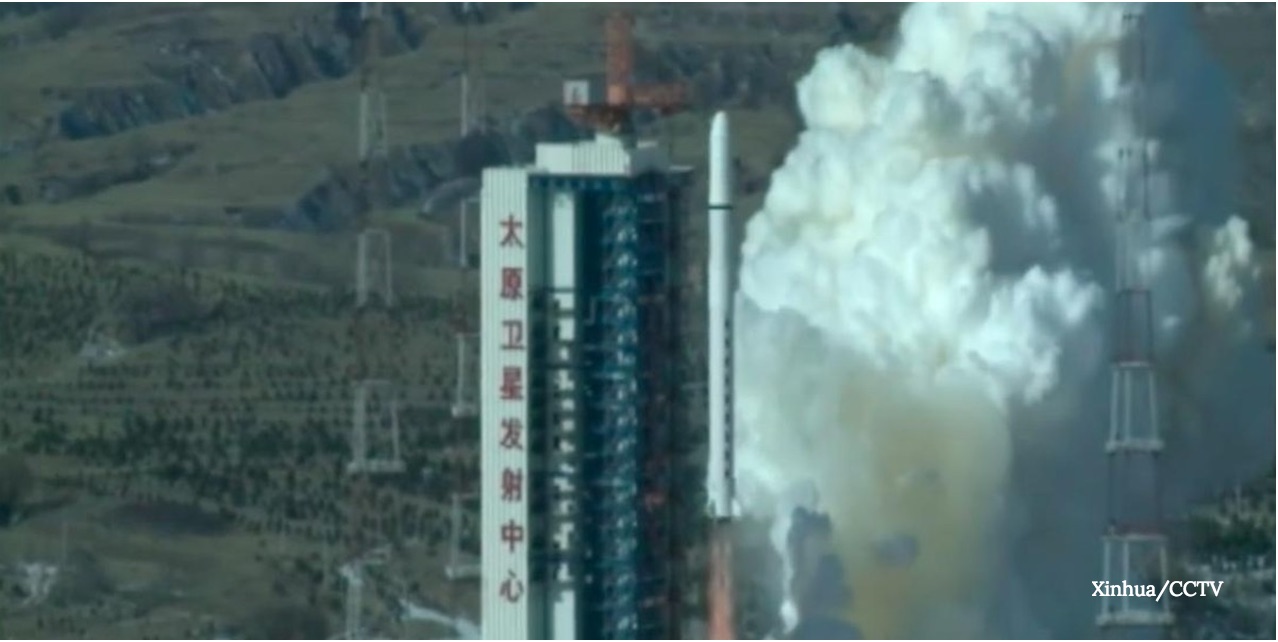
For the first time, China moved ahead of Russia in the number of rocket launches in 2016 and ended the year by tying the United States with 22 orbital missions.
The statistics, complied by Harvard University astrophysicist and long-time rocket watcher Jonathan McDowell, also show that Russia's 17 launches in 2016 fell far short of the country's 2015 and 2014 tallies, which were 26 and 32 launches, respectively.
Russia has been the world's launch leader since 2004, eclipsing both China and the United States.
"By my count the USA was ahead from 1958 to 1966," McDowell wrote in an email to Seeker. "Next Russia held the lead from 1967 to 1995 but then (as the fall of the USSR caught up with the space program) the U.S. took it back in 1996-1999, 2001, and 2003.
"Since 2004 Russia has had the lead again, so this is the first time in 12 years they've lost it," McDowell said. "Meanwhile China continues its ascent to parity or more with the US and Russia."
RELATED: China Announces Plans for Moon and Mars Missions
The United States would have finished the year well ahead of China had it not been for the grounding of SpaceX's Falcon 9 rocket fleet following a Sept. 1 accident on the launch pad. The company, owned and operated by technology entrepreneur Elon Musk, is aiming to return to flight on Sunday.
Get the Space.com Newsletter
Breaking space news, the latest updates on rocket launches, skywatching events and more!
As for the rest of the world, Europe's Arianespace finished the year with 11 launches, India had seven, Japan four, Israel one and newcomer North Korea launched one orbital rocket as well.
While China's growing prowess in space is raising concerns in the defense community, space policy experts Joan Johnson-Freese, with the U.S. Naval War College in Rhode Island, and Theresa Hitchens with the University of Maryland's Center for International Security Studies, say that the threat of a war in space is dangerously overhyped.
"My view is that the U.S. ought to put an equal amount of effort into diplomacy as it does to building 'stuff' — but diplomacy doesn't allow the Pentagon or Intel (intelligence) community to buy lots more 'stuff.' Let's not forget, the Pentagon is a big bureaucracy. My bottom line on all of this is what's good for the Pentagon as an organization isn't always good for the U.S. as a whole," Johnson-Freese said.
RELATED: Two Chinese Astronauts Arrive at Orbiting Space Lab
She sees a parallel between China's efforts to evolve its space program and what the United States accomplished during the 1960s and '70s, a period of time that included the Apollo missions to the moon and the initial exploration of the solar system by robotic probes.
"I'm not sure that the number of launches on its own means anything special," Johnson-Freese said. "I see it largely as a continuation of past plans. China continues to place their space plans within the context of overall country development … since most space technology is dual use."
"China has worked hard to build a family of launchers and an array of satellite capabilities and now it is utilizing them to the fullest," she said.
Originally published on Seeker.
Join our Space Forums to keep talking space on the latest missions, night sky and more! And if you have a news tip, correction or comment, let us know at: community@space.com.

Irene Klotz is a founding member and long-time contributor to Space.com. She concurrently spent 25 years as a wire service reporter and freelance writer, specializing in space exploration, planetary science, astronomy and the search for life beyond Earth. A graduate of Northwestern University, Irene currently serves as Space Editor for Aviation Week & Space Technology.
